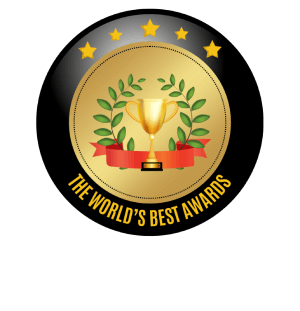Hope, heartbreak, science, and ethics often collide in the world of IVF. There is no denying that it is a medical marvel that has given countless individuals the chance to have children. However, the legal system is not only grappling with how to address negligence in fertility care, but also navigating uncharted territory shaped by rapidly evolving government regulations.
Just three years ago, I handled a case where a woman in Florida froze four embryos in the hope of becoming a mother. When one was found to be nonviable, she consented to have it discarded. But the clinic mistakenly destroyed all four embryos, thereby eliminating her chance at biological motherhood in an instant.
At the time, Florida law viewed embryos strictly as property—similar to a pet or a piece of furniture. Emotional damages were not recoverable in court. I challenged that framework head-on, arguing that embryos are far more than property. They represent the hopes and dreams of future families and deserve to be treated as such. The judge agreed, denying the clinic’s motion to dismiss under Florida’s “impact rule.” This wasn’t just a courtroom win; it was a shift in how our state’s judiciary views reproductive justice and accountability. For the first time in Florida, a family could sue for the emotional devastation of losing embryos. It gave other would-be parents a sense of legal recognition for the trauma they endure if IVF clinics fail them.
However, negligence isn’t the only cause of concern when it comes to IVF. In an op-ed I previously wrote for the Sun Sentinel, I explored the question: What happens to embryos when a patient is deported? Many embryos are left behind, frozen indefinitely, abandoned in legal limbo with no clear plan for their future. These are not hypothetical scenarios. And if we are now to consider embryos as “people,” does the state then have a duty to protect and fund their survival? Who pays for their storage, their transfer, or their adoption?
These questions have become alarmingly urgent with Florida Senate Bill 1284. The bill proposes to redefine “unborn child” as beginning in the womb at the moment of conception. This represents a legal shift that could wreak havoc on IVF and reproductive medicine. Though the bill currently excludes embryos created outside the body, it opens the door to more radical interpretations in the future. If embryos are considered “extrauterine children,” as was recently ruled in Alabama, will patients be charged with homicide for discarding unused ones? Could clinics be criminally liable for routine lab errors?
When I litigated the negligent embryo destruction case just a few years ago, I was fighting for embryos to be treated as more than property. Now, with proposed legislation, we could be hurtling in the other direction—treating embryos as fully formed people, with all the legal weight and criminal liability that implies.
It’s easy to think these are fringe issues, limited to rare lawsuits or political debates. But with over 1 million embryos currently frozen across the U.S., the legal status of embryos could soon touch the lives of countless families. Defining the rights of an embryo is no longer a philosophical question. It may be a reality with sweeping medical, emotional, and financial consequences.
Now is the time to demand clarity, compassion, and careful regulation. Because every embryo may not become a child, but every patient walking through a fertility clinic’s door deserves to know that their dreams and their dignity are protected by the law.












